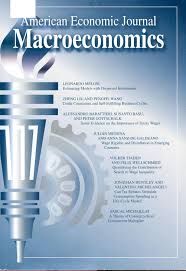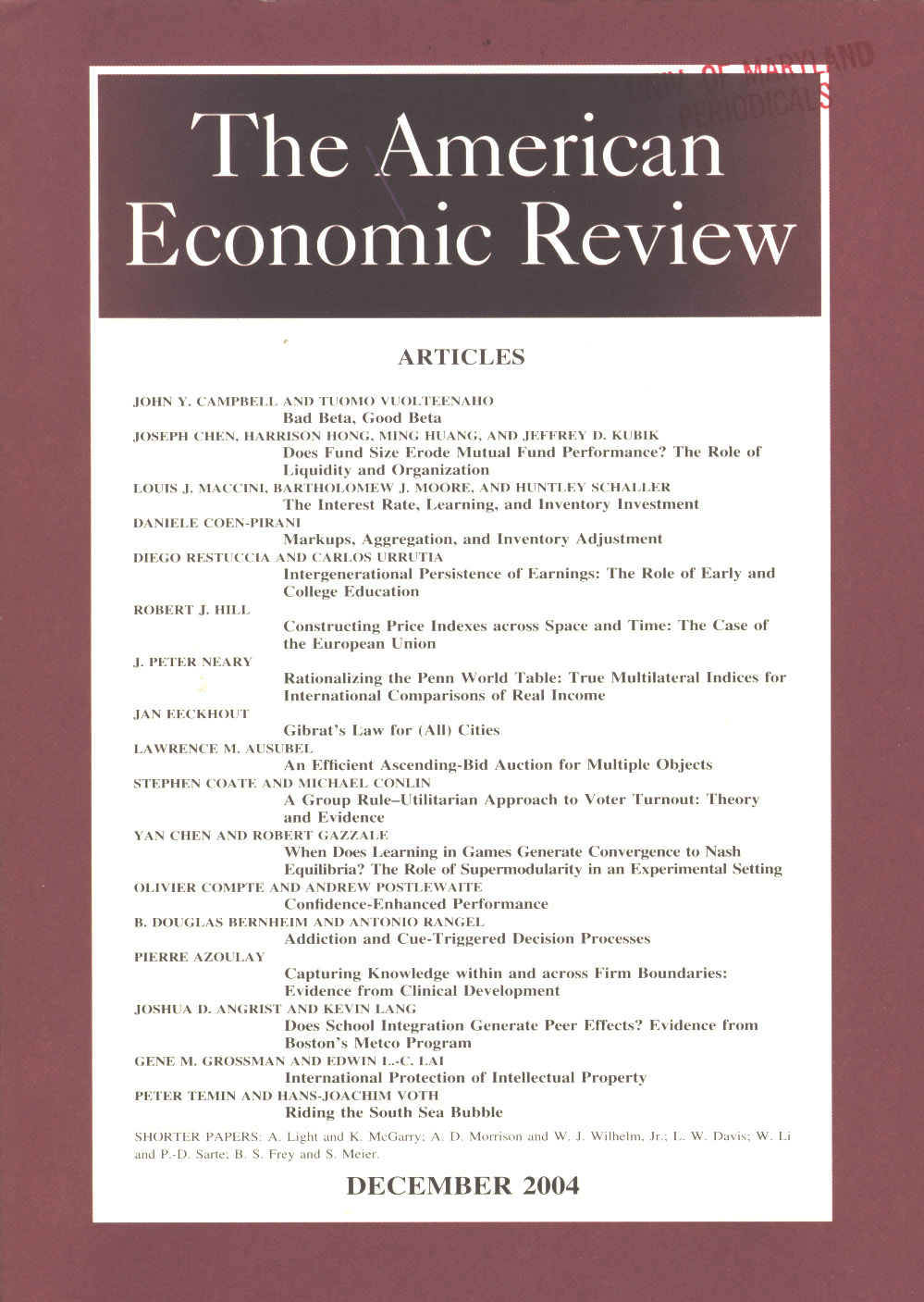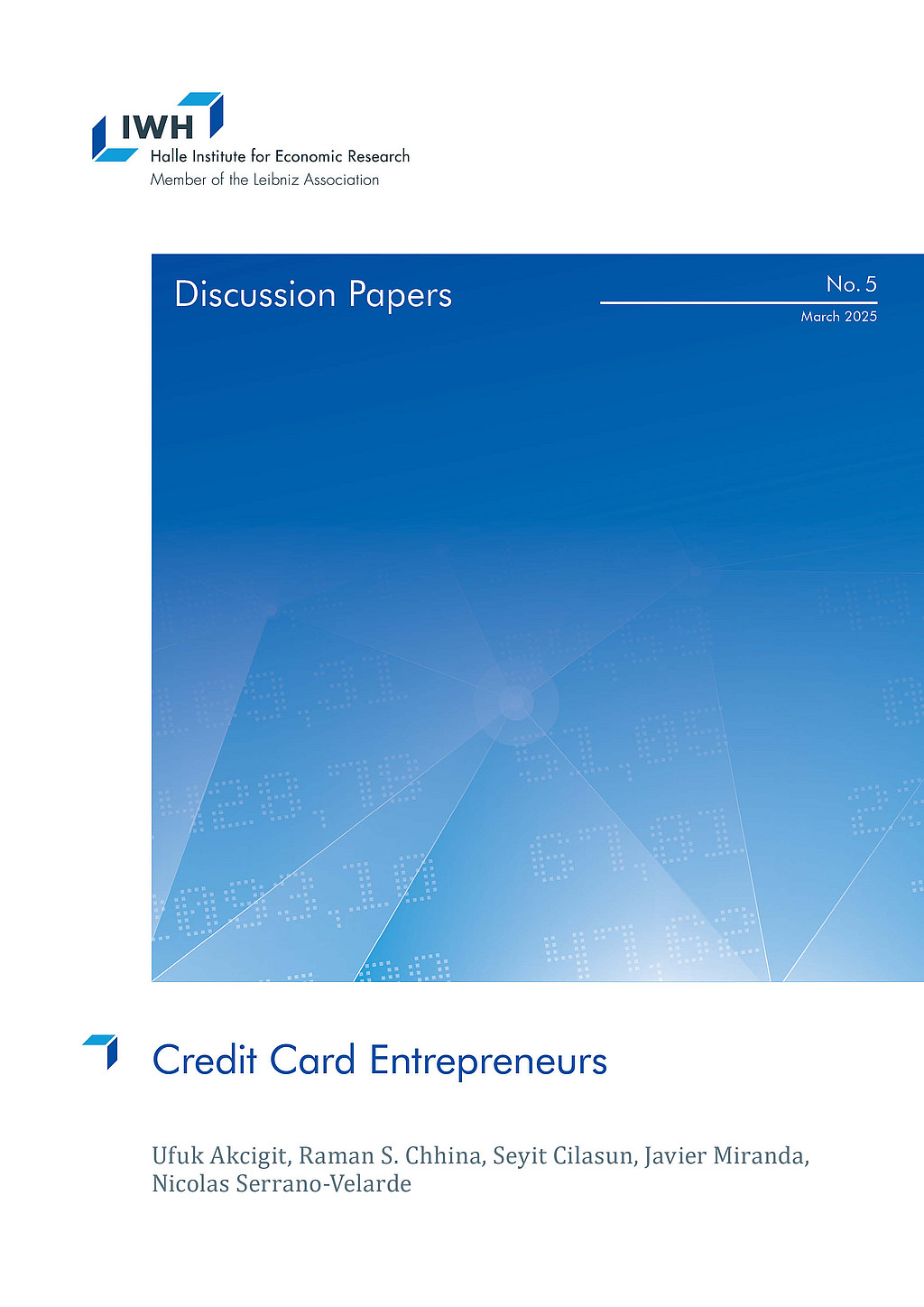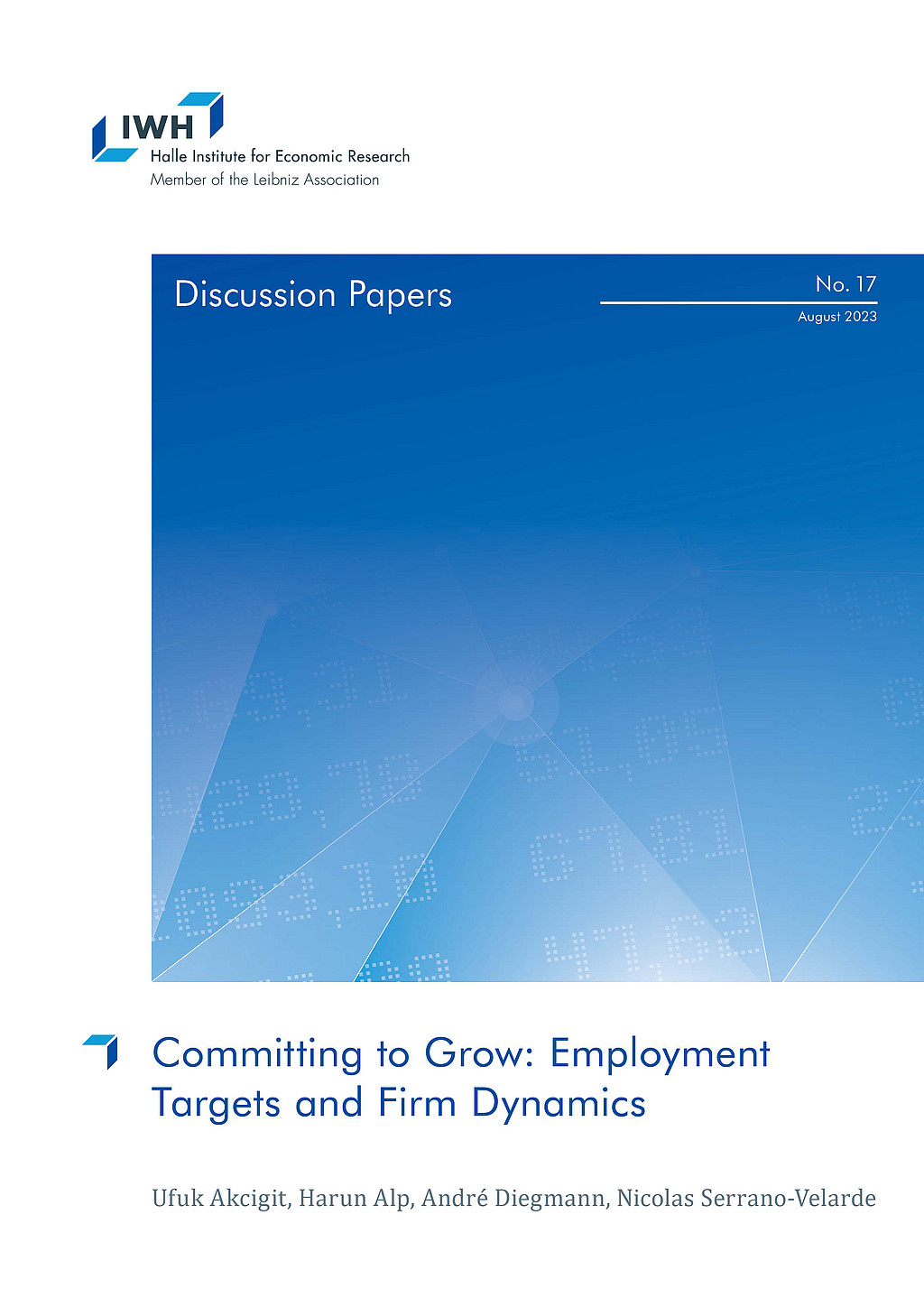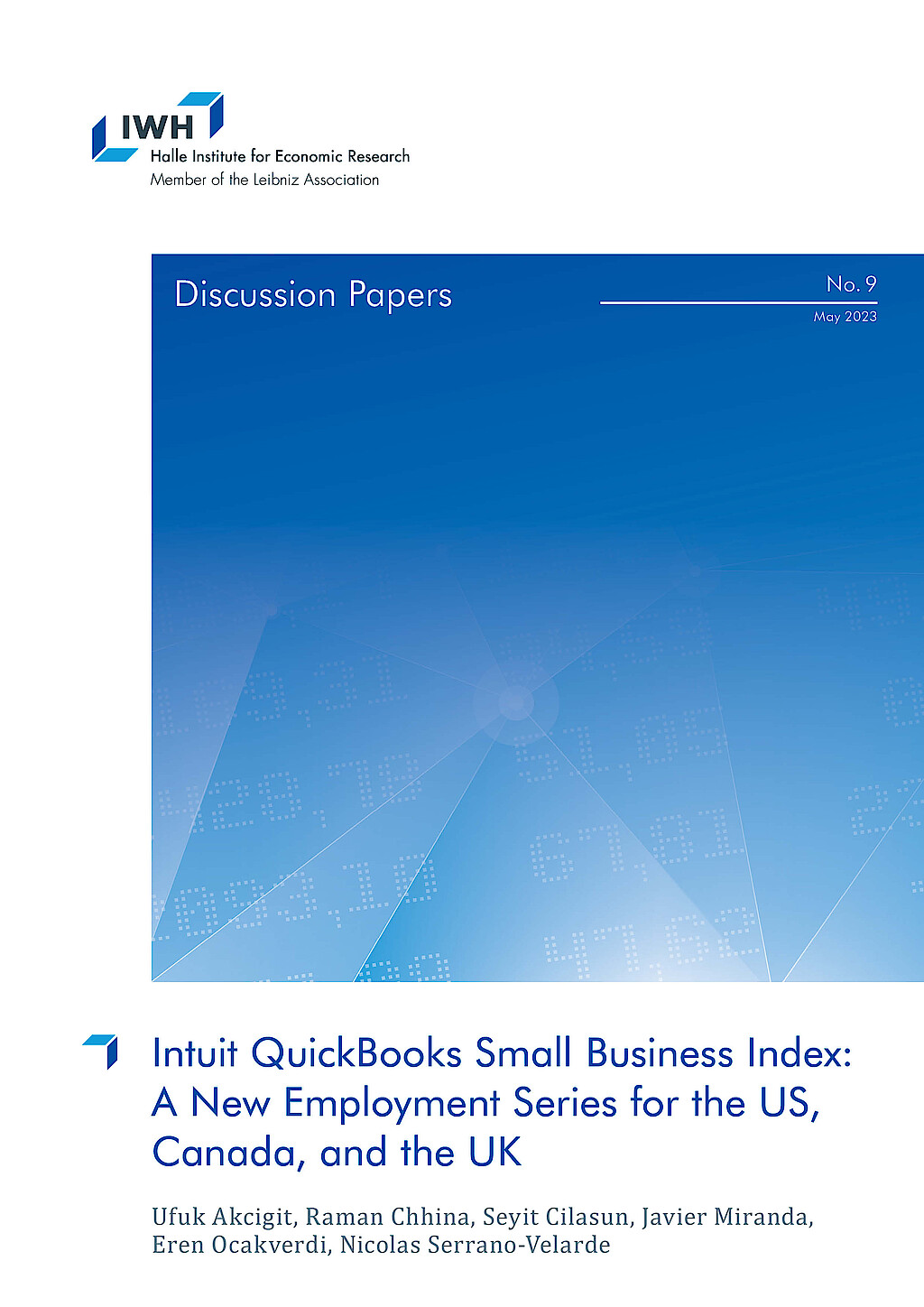Professor Ufuk Akcigit, PhD

Current Position
since 1/20
Research Professor
Head of the Research Group The Economic Gap between East and West Germany
Halle Institute for Economic Research (IWH) – Member of the Leibniz Association
since 8/19
Professor of Economics
University of Chicago
since 9/21
Fellow
Econometric Society
Research Interests
- macroeconomics
- economic growth
- firm dynamics
- innovation
- entrepreneurship
Ufuk Akcigit, winner of the Max-Planck-Humboldt Research Award, joined the institute as a Research Professor in January 2020. His research focuses on macroeconomics, economic growth, firm dynamics, innovation, and entrepreneurship.
Ufuk Akcigit holds the position of Professor of Economics at University of Chicago and he is a Fellow of the Econometric Society. He received his PhD from Massachusetts Institute of Technology (MIT).


